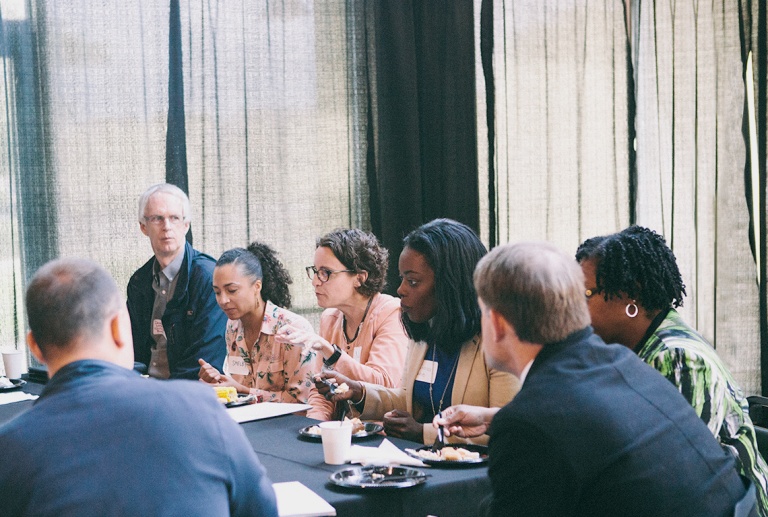
In pursuit of more equitable systems
Addressing systemic barriers to racial equity. Amplifying community voice. Building stronger systems. These actions are the cornerstone of our work.
The Road Map Project is a collective impact initiative to boost student success from early learning to college and career in seven King County, Washington school districts: Auburn, Federal Way, Highline, Kent, Renton, (South) Seattle, and Tukwila. Together, this region is home to more than 127,000 K-12 students.
Our multisector partnership is comprised of hundreds of individuals and organizations: school districts, postsecondary education institutions, community-based organizations, businesses, government agencies, teachers and parents, students and youth, and many more.
Learn more about why we do this work, how we work together, and read our Theory of Change.
Our vision & values
We want every child and youth in South King County and South Seattle, particularly those who are low-income or of color, to thrive in their education, communities and life. The Road Map Project core values guide our approach to the work and help us hold ourselves accountable to children, youth and families.
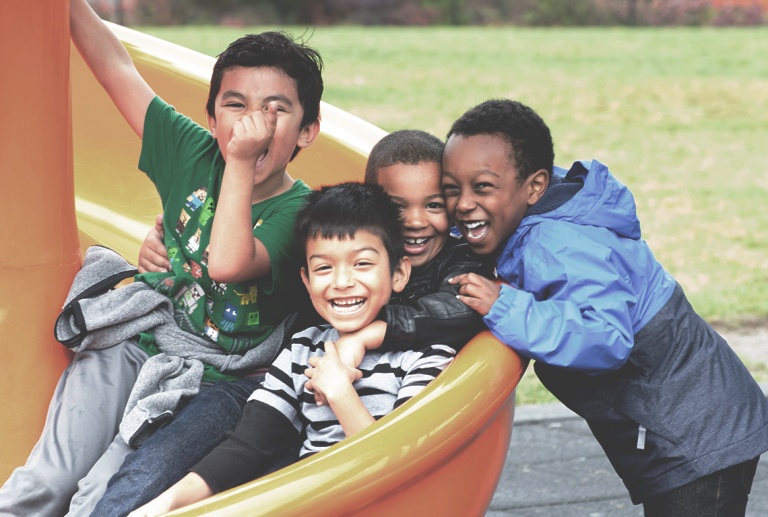
Equity
We believe in greater access to opportunities, power and, resources so that every child can reach their full potential, with a focus on populations that have historically been furthest from opportunity.
We believe in greater access to opportunities, power and, resources so that every child can reach their full potential, with a focus on populations that have historically been furthest from opportunity.
We believe in providing every child and youth access to the experiences, resources, and support that allow them to flourish.
We believe in creating environments that are welcoming and respectful to every child and youth, and reflect the changing demographics of our region.
We believe in the wisdom and common ground gained through shared experience. We seek out the perspectives and voices of the many communities in our region so community aspirations guide the work.
We believe in moving society and systems toward fairness, compassion, and greater respect for human dignity. We address the root causes of educational inequities not just manifestations by dismantling individual, structural, and institutionalized racism.
We believe that by working together, greater outcomes will be achieved than what is possible when individuals, organizations, or systems work alone. Building community trust and strong relationships, and valuing a diversity of perspectives are central to this work.
We believe that in collective impact work, assuming responsibility for the results and impacts of our action or inaction is critical in order to change system performance for the benefit of children and youth.
We believe in being open and honest about how, why and by whom decisions are made, including decisions involving policies and resources.
Our goals
By 2020, we will increase equitable policies and practices in our education systems and dramatically improve outcomes for children and youth, from cradle through college and career; so that:
By 2030, we will eliminate the opportunity and achievement gaps impacting students of color and low-income children in South King County and South Seattle, and 70 percent of the region’s youth will earn a college degree or career credential.
Our history

2018
Data show discipline practices and disparities in the Road Map Project region
Suspensions and expulsions in our region have declined since 2010, but students of color are still more likely to receive such disciplinary actions. This brief points to data coding alignment as a barrier to helping us understand what’s happening in schools.
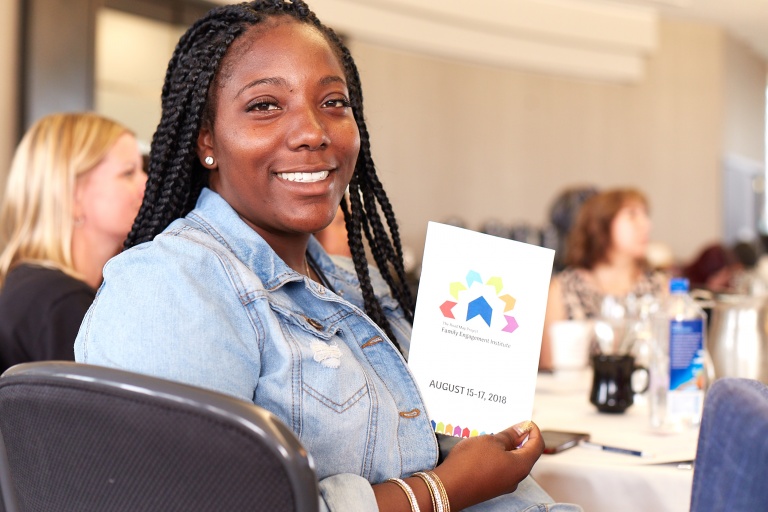
2018
Family Engagement Institute draws more than 250 attendees
The 2018 Road Map Project Family Engagement Institute was a powerful opportunity for parent leaders, school and district teams, and community partners to connect and build stronger family engagement practices across the Road Map Project region.
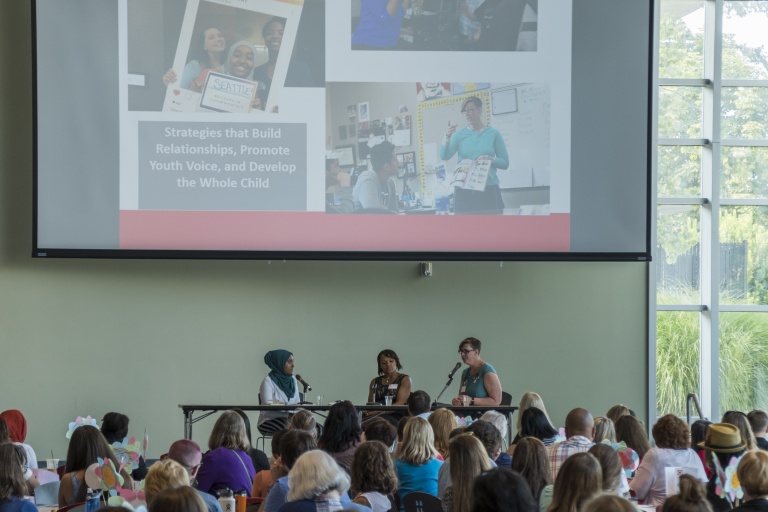
2018
Practitioners get resources to create equity-based learning environments
Youth Development Executives of King County organized the Social and Emotional Learning Symposium for Road Map Project region practitioners and system leaders. YDEKC also released a landscape scan that shows what systems and structures are in place to support whole child outcomes in each of the Road Map Project school districts.
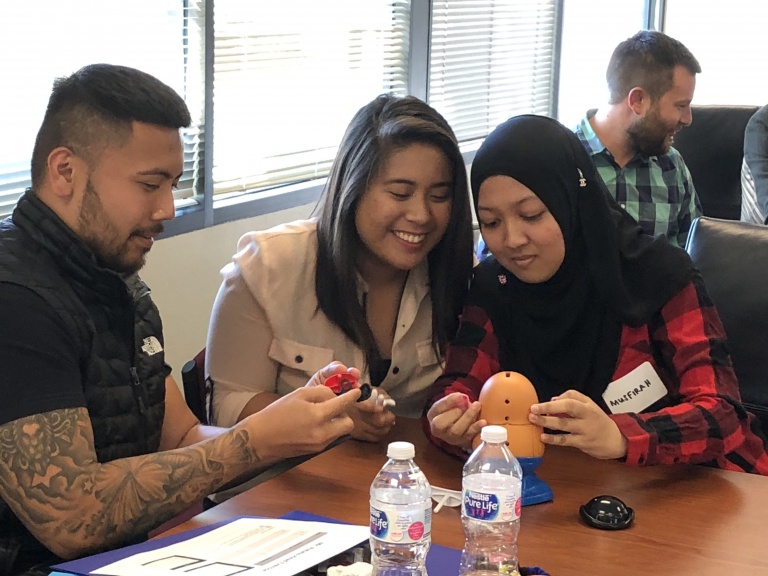
2018
Open Doors Improvement Network for reengagement program staff launches
The Open Doors Improvement Network supports teams that include reengagement program staff, educators, and students to strengthen capacity and improve outcomes for youth disconnected from school and work.
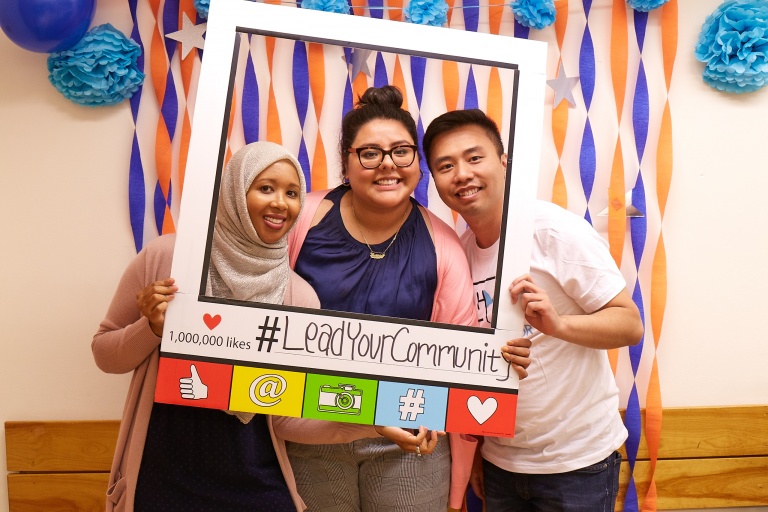
2018
Community Leadership Team continues to build network power
The Community Leadership Team spent its first year together creating work plans, developing a shared purpose, and building relationships. The team hosted a community celebration at the end of DiscoverU week to create access and raise awareness around college and career pathways for our youth of color.

2018
'College Promise' programs gain momentum
The Puget Sound Coalition for College & Career Readiness has been working on a proposal for a King County Promise program, which would help historically underserved students access and succeed in college. Coalition members were also involved in the expansion of the Seattle Promise program. Read what two members have to say about the importance of community and technical colleges in light of the new To and Through report.
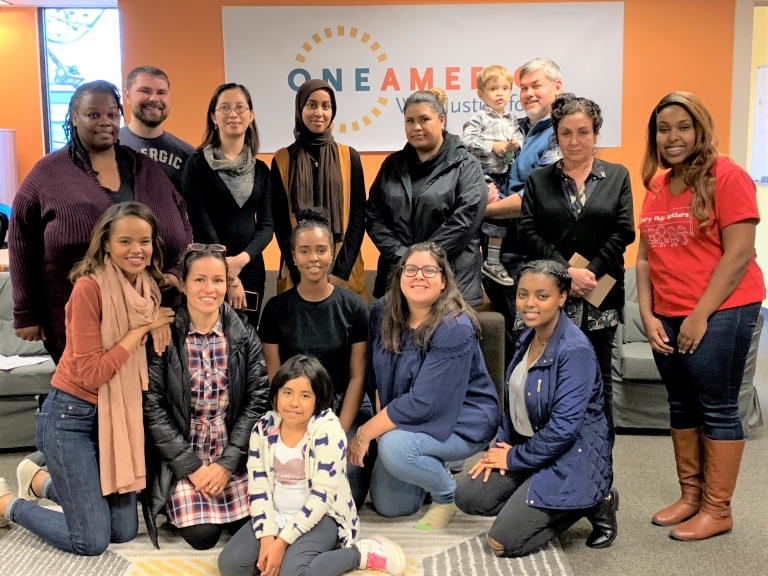
2018
Speak Your Language campaign welcomes inaugural team of community language organizers
Community language organizers are part of the Speak Your Language campaign’s work to expand the positive message and availability of dual language learning and bilingualism in South King County. The community leaders are developing their own base of leaders in their schools and school districts.
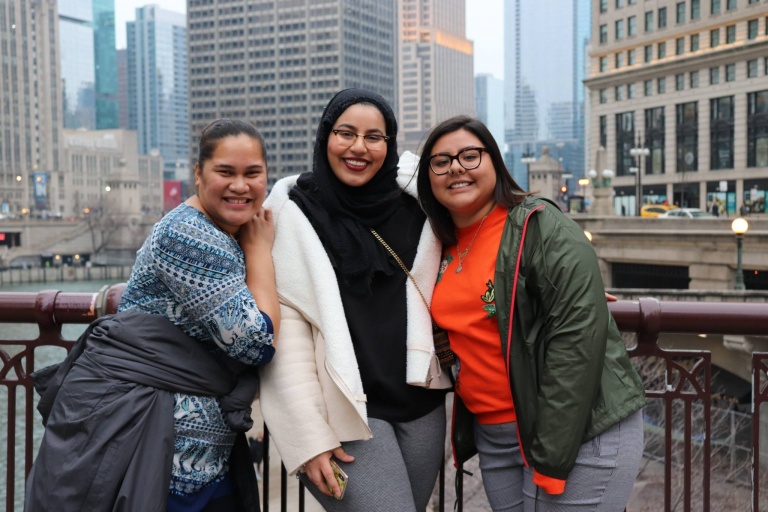
2017
Road Map Project moves forward with new strategic direction
Out of the “refresh” discussions, the Road Map Project moves forward with new ways of working, including the formation of a Community Leadership Team; the development of System-Wide Racial Equity Essentials; and updated vision, values, and goals.
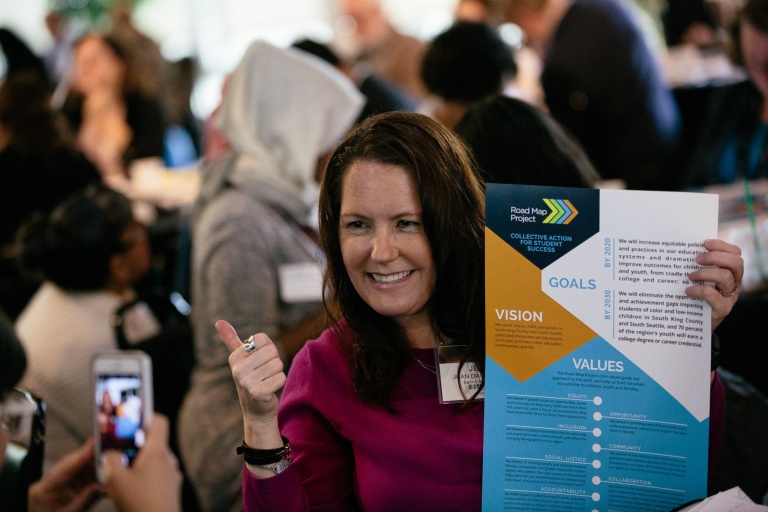
2017
Updated Road Map Project goals announced
The Road Map Project announced new goals in the 2016 Results Report: By 2020, we will increase equitable policies and practices in our education systems so that by 2030, 70 percent of our students will earn a college degree or career credential and opportunity gaps by race and income will close.
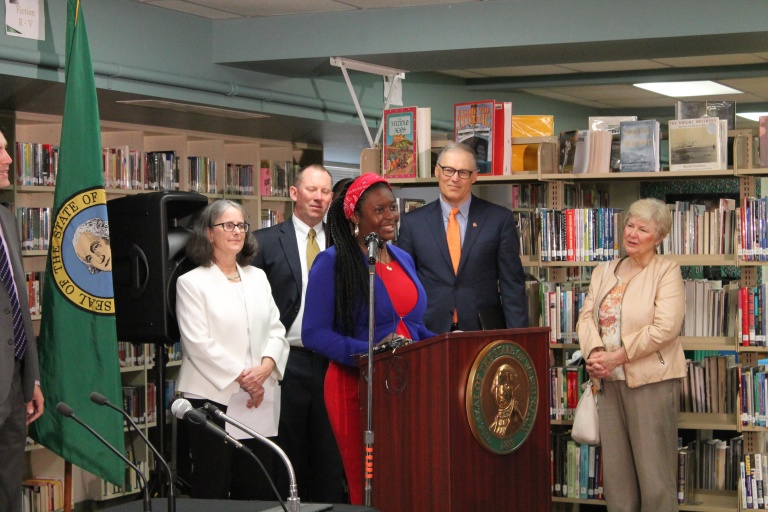
2017
Historic dual language bill passes
For years, Road Map Project partner OneAmerica, our English Language Learner Work Group, and other ELL advocates worked to push state lawmakers to pass state House Bill 1445. They succeeded in 2017. The bill expands funding and capacity for dual language programs in early learning through high school.
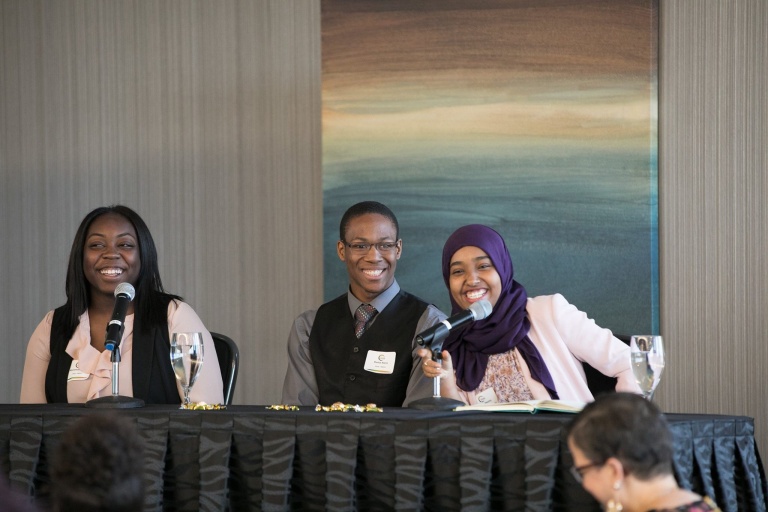
2017
Region unites for action, hosts Forum for Black Student Success
With few local spaces for those working with Black youth to connect, align, and collaborate, the Forum for Black Student Success was held to serve this purpose. The program was designed by students, parents, and the Black Student Success advisors. More than 200 people attended.
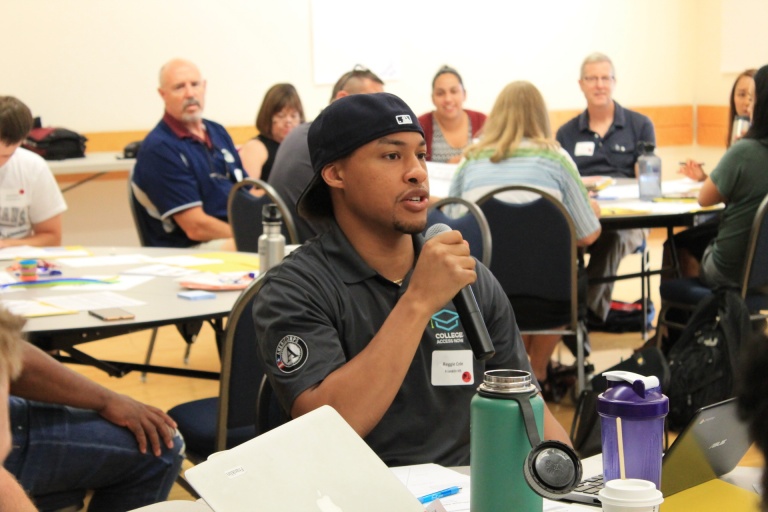
2017
College & Career Leadership Institute kicks off
In its first year, the College & Career Leadership Institute worked with 12 high schools serving more than 16,000 Road Map Project region students. The institute collaborates with educators—including, teachers, guidance counselors, and administrators—to make system improvements so low-income students and youth of color are better supported to pursue their college and career plans.
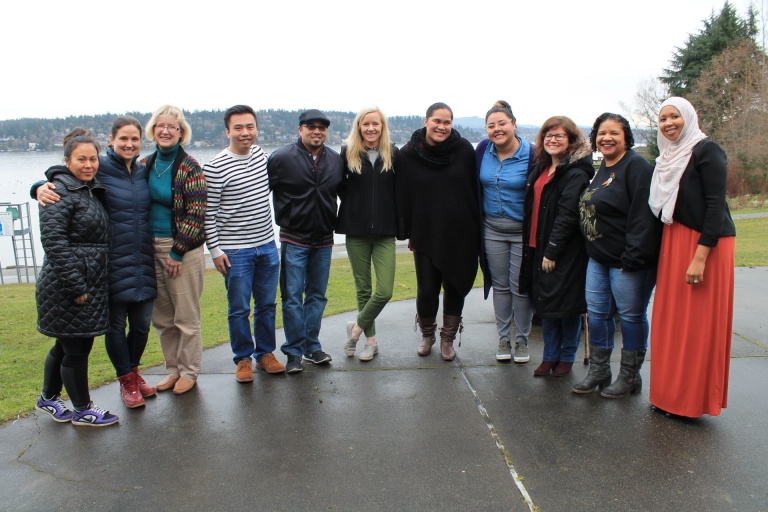
2017
Inaugural Community Leadership Team meet
The first Community Leadership Team, comprised of 13 leaders who strive to improve educational and economic equity for local youth, is formed. The group provides visionary leadership and community accountability as the region works to achieve Road Map Project goals.
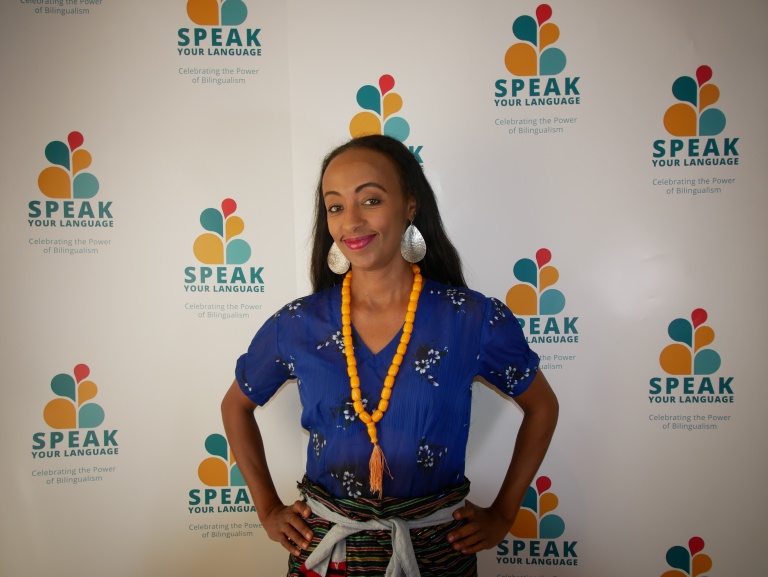
2017
Speak Your Language campaign launches
Formally known as the Home Language Campaign, the English Language Learner Work Group and Road Map Project partner OneAmerica refreshes the effort as Speak Your Language.
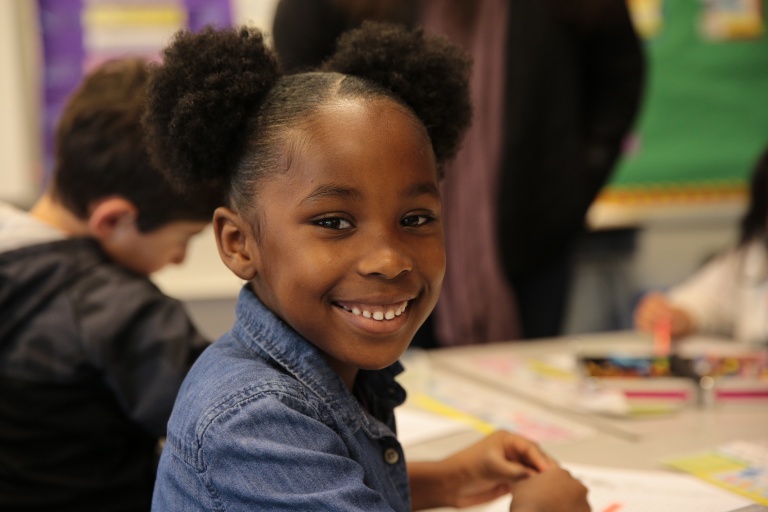
2017
Start With Us shares Black youth’s experiences in our schools
Start With Us examines systemic issues that affect the educational experience of Black youth in South King County and South Seattle. Students share what they need from the education system serving them.
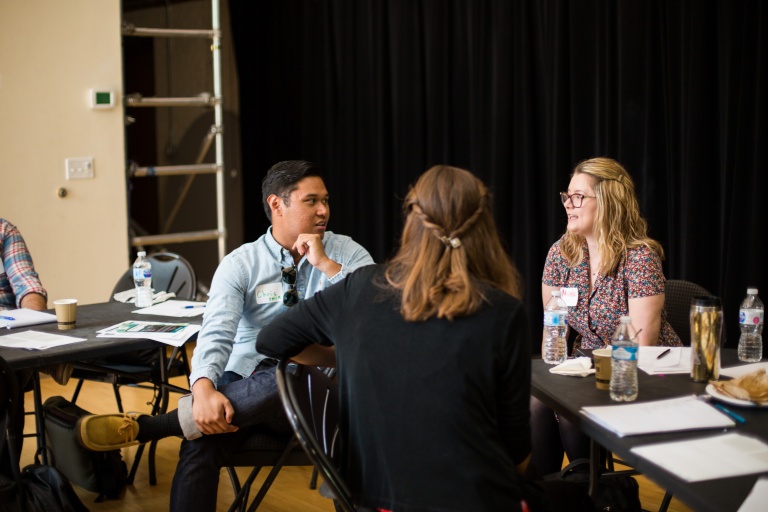
2017
Reengagement system expands to 16 programs serving nearly 3,000 opportunity youth
Opportunity youth have more options because of K-12 Open Doors program expansion. The King County Reengagement Provider Network has developed systems for shared outreach, common metrics, and professional learning.
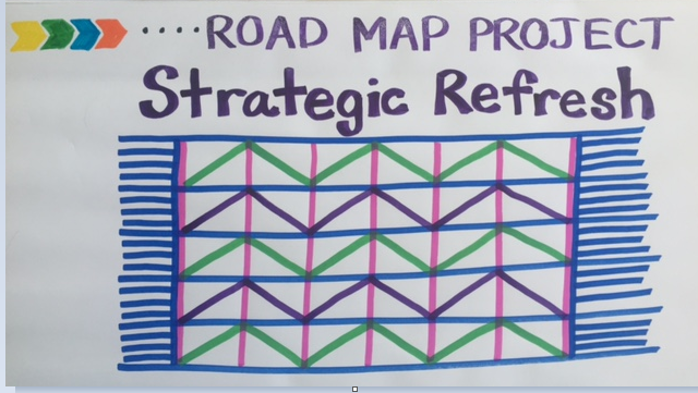
2016
The Road Map Project hits “refresh” button
While the Road Map Project has made some progress to improve education outcomes, the partnership acknowledges the region is not on track to reach its 2020 goal of doubling the number of students who graduate from college or earn a career credential. Nor was it close to closing opportunity gaps for youth of color and low-income students. Project partnership begin strategic planning to determine the work moving forward.
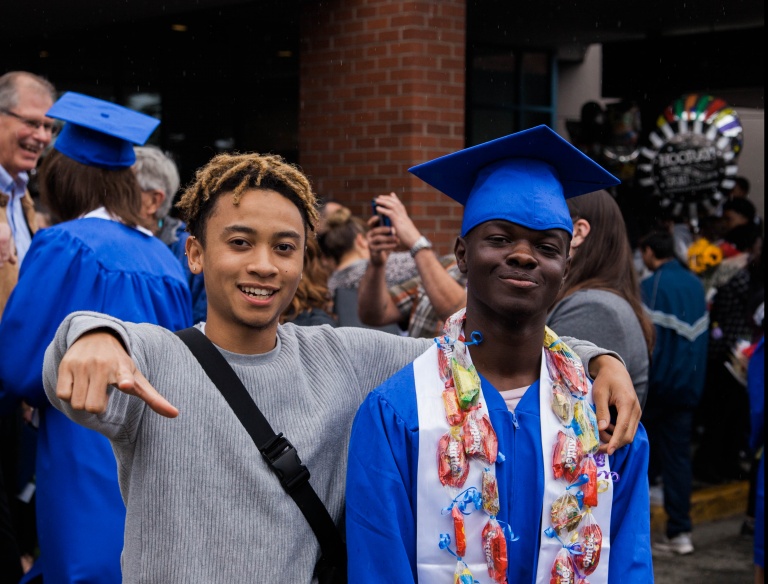
2016
Reconnect to Opportunity helps link youth with education and careers
Also known as ReOpp, this outreach effort was developed by the Opportunity Youth Advisory Group with the King County Youth Advisory Council. ReOpp harnesses the power of peers to find, empower, and connect young people with education, employment, and postsecondary training opportunities.
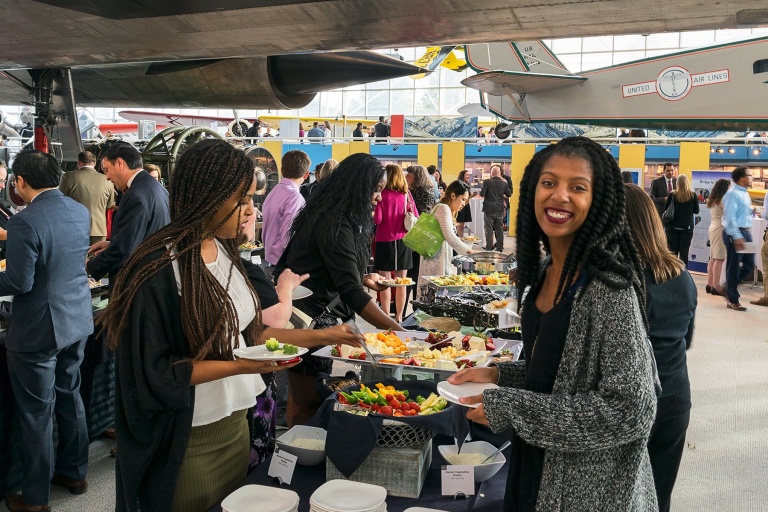
2016
Celebration of Success recognizes education efforts
The Road Map Project and partner Puget Sound Educational Service District hosted a celebration for 30 successful education efforts in the South King County and South Seattle region.

2016
School District Family Engagement Leaders begin to collaborate
School district staff working on family engagement officially formed as a professional learning community to build the capacity of district staff to improve family engagement in schools.
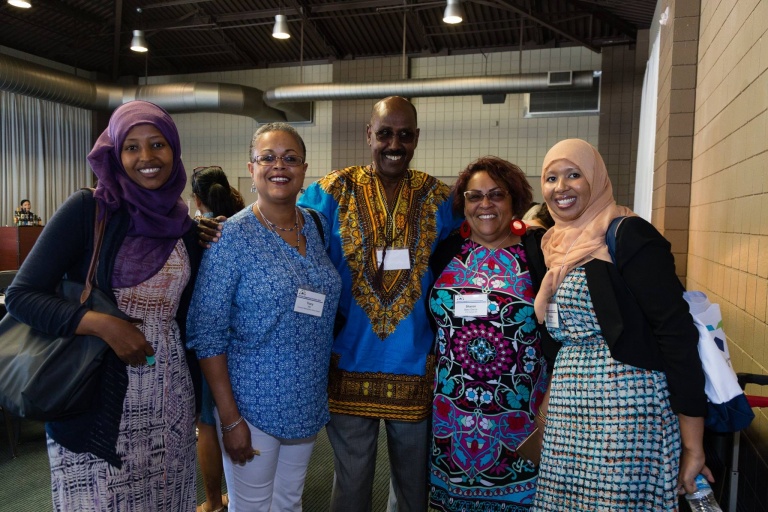
2016
Region hosts Family Engagement Institute
Inspired by Harvard programming, family engagement school district leaders and other Road Map Project partners held the region’s first-ever Family Engagement Institute for educators, parents, community leaders, funders, and school board members.
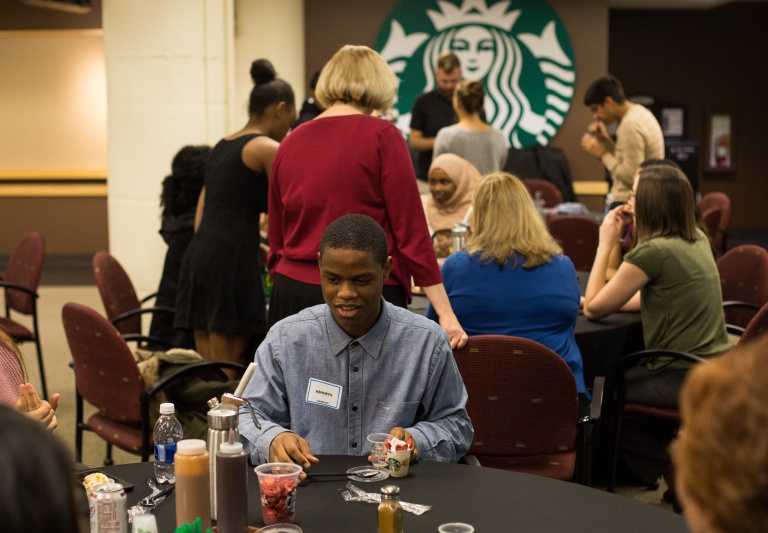
2016
High schoolers explore careers by visiting local employers
A new partnership with Challenge Seattle gives hundreds of students access to some of the region’s most well-known employers.
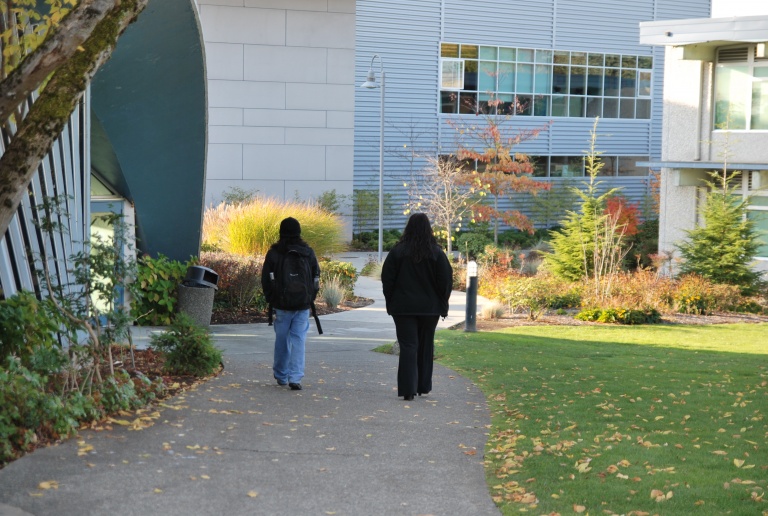
2016
Report examines success at local community and technical colleges
The Community Center for Education Results, the Washington State Board for Community and Technical Colleges, and postsecondary education partners publish a report looking at outcomes for the region’s youth who attend local community colleges.
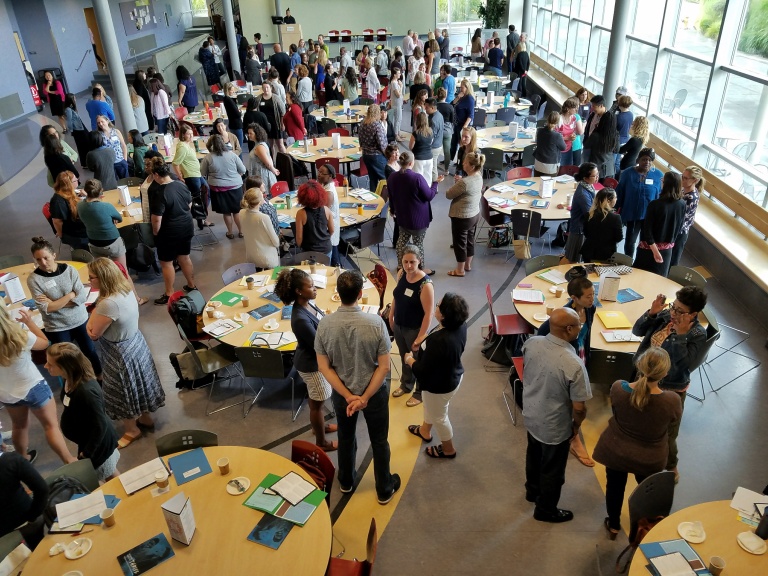
2016
First social and emotional learning symposium held
Youth Development Executives of King County hosts a first-of-its-kind symposium on social and emotional learning in the Road Map Project region.

2016
Youth development work group reorganizes
The Youth Development Organizations for Education Results Work Group reorganizes into two action teams: Social and Emotional Learning and Expanded Learning Opportunities.
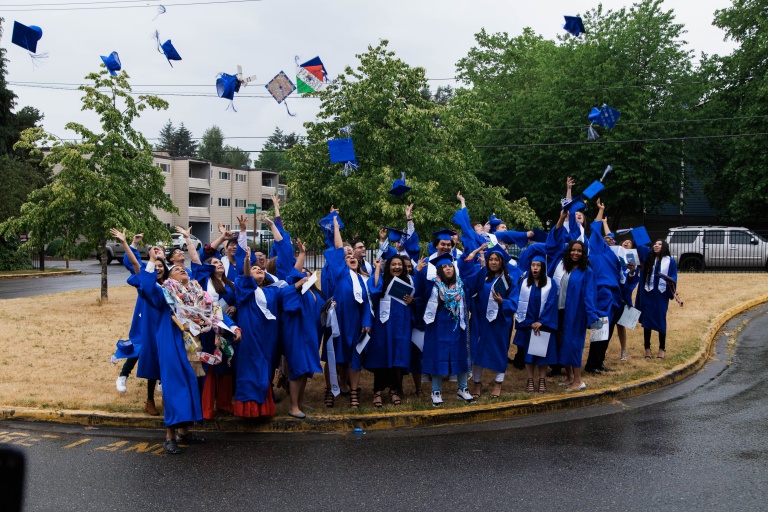
2016
Road Map Project school districts reach graduation rate milestone
For the first time, all Road Map Project region school districts have on-time (four-year) high school graduation rates of 70 percent or more.
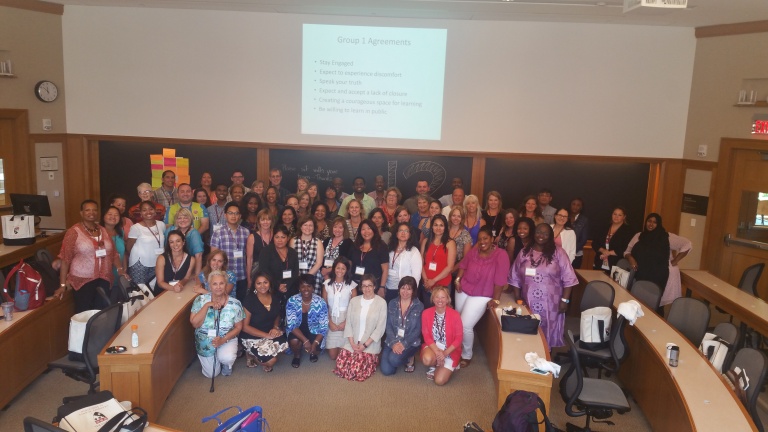
2015
Second family engagement cohort goes to Harvard
About 60 Road Map Project region leaders attend Harvard University’s Family Engagement in Education: Creating Effective Home and School Partnerships for Student Success.
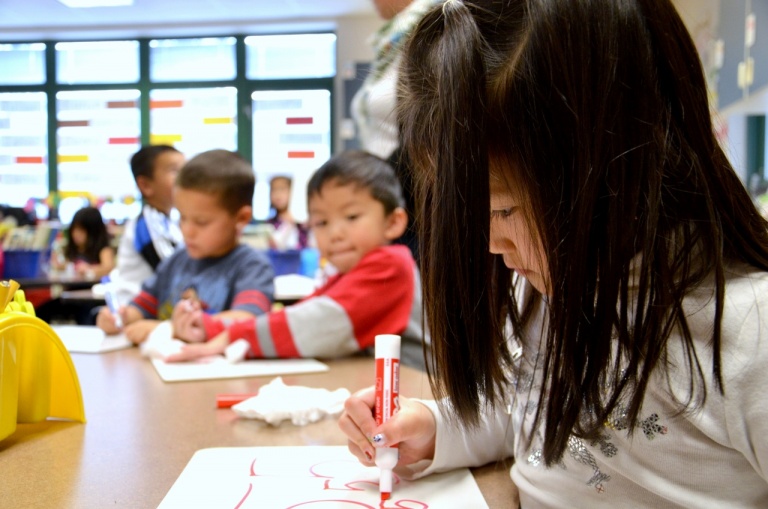
2015
Road Map Project endorses Best Starts for Kids initiative
Best Starts for Kids, which ended up passing later in the year, is an initiative to improve the health and well-being of King County residents by investing in prevention and early intervention for children, youth, families and community.
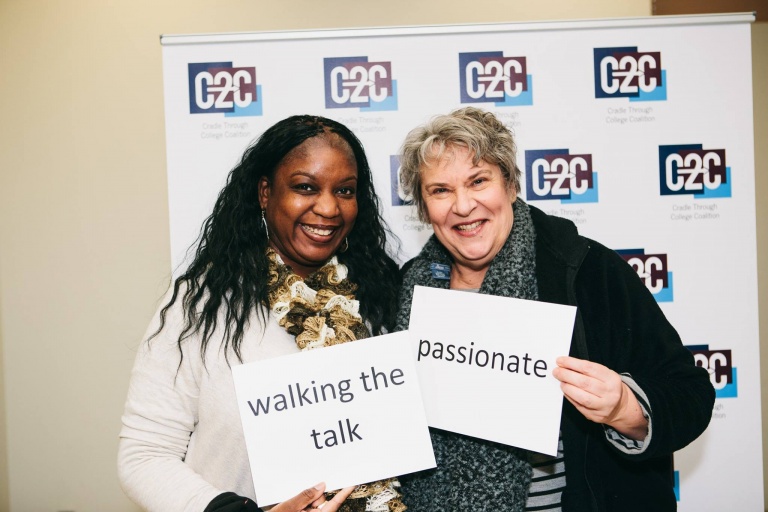
2015
Regional leaders form Cradle Through College Coalition
Leaders from early learning, K-12, postsecondary education, and youth and family services organizations band together to advocate for a cradle-through-college state investment strategy. This coalition is also known as C2C.
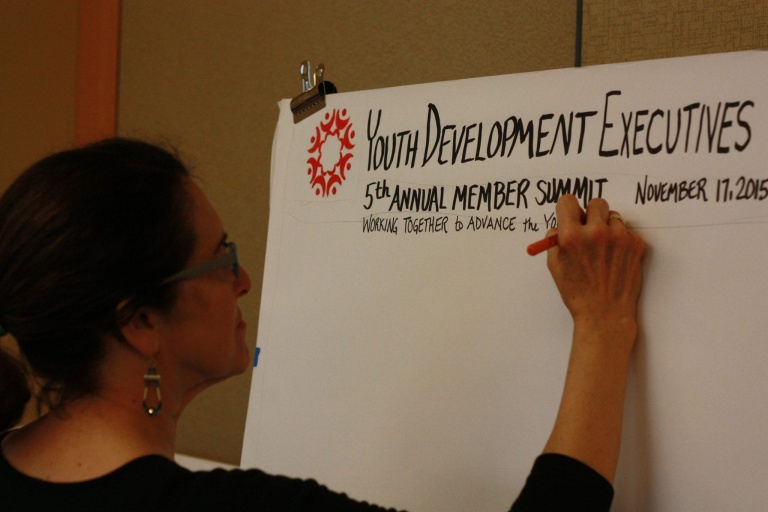
2015
YDEKC launches School & Community Partnerships resource
This repository by Youth Development Executives of King County offers research briefs, tip sheets, and other practical tools on topics related to cross-sector collaboration to support student success.

2015
Data Dashboard unveiled
The regional Data Dashboard launches and provides the self-service data on the school and district level, beyond what’s published in the Project’s annual Results Reports.
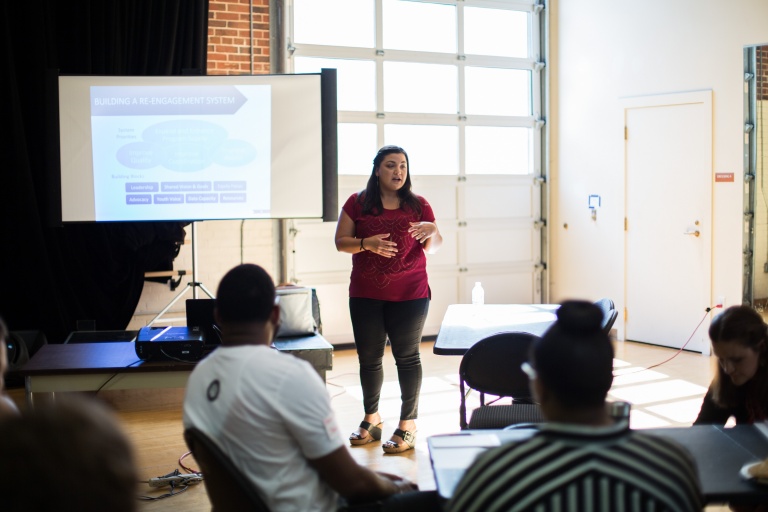
2015
King County Reengagement Provider Network kicks off
The network brings together reengagement providers on a monthly basis to coordinate efforts to help youth return to school or find employment opportunities. King County Employment and Education Resources joins in 2016 as official cosponsor of the network.
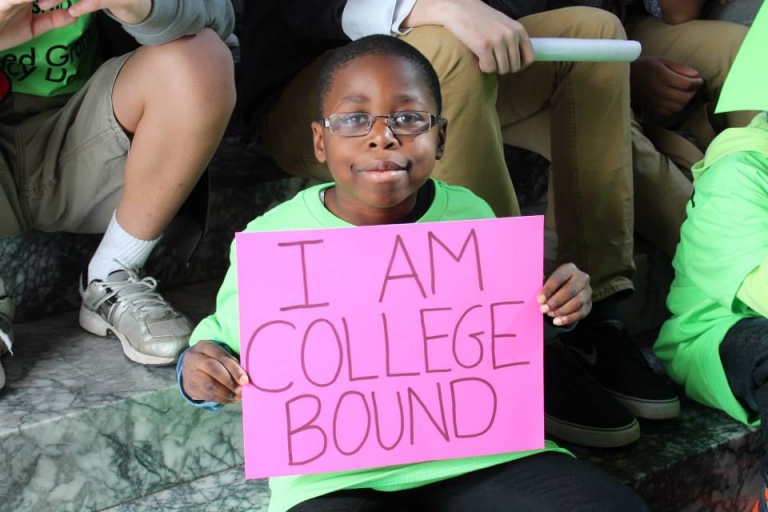
2015
Hundreds of students rally in Olympia for financial aid
Road Map Project partners organized an advocacy day at the Washington State Capitol Building, calling for lawmakers to increase funding for the College Bound Scholarship and State Need Grant. This event was a building block for the eventual expansion of the State Need Grant in 2018.
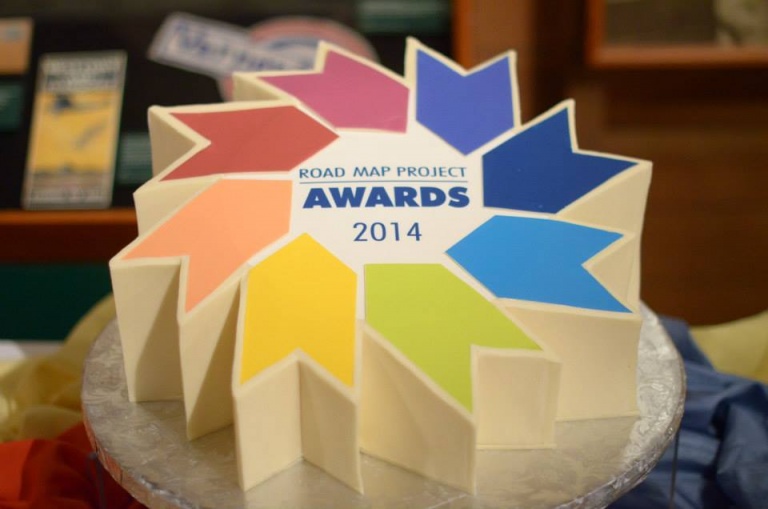
2014
Road Map Project Awards honors regional work
The ceremony at the Museum of Flight celebrates work in South Seattle and South King County to advance equity and close student opportunity gaps.
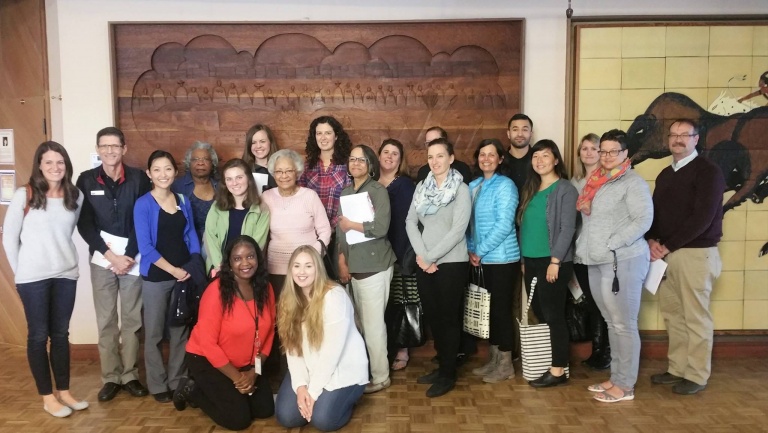
2014
Vroom pilots in Road Map Project region
Vroom, which offers resources and learning tips for parents and caregivers of children five and under, is first offered in South Seattle and South King County.

2014
Data warehouse developed
The Community Center for Education Results develops an education data warehouse to aggregate information from multiple sources.
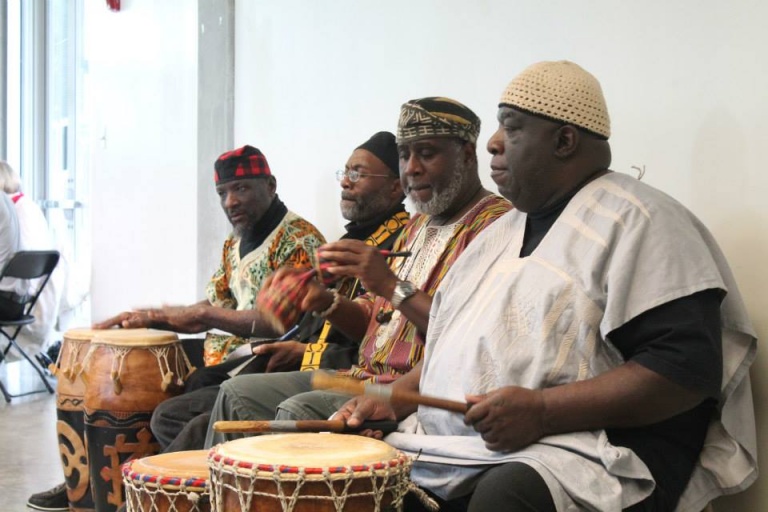
2014
Juneteeth event lays foundation for Black student success work
Road Map Project partners and Black-led organizations co-hosted a Juneteenth lunch, where more than 100 participants honored the holiday’s legacy and examined the current state of education for the region’s Black children.

2014
Rapid Resource Fund begins grants
Members of the Aligned Funders group create a pooled resource to provide timely investments in regional work.
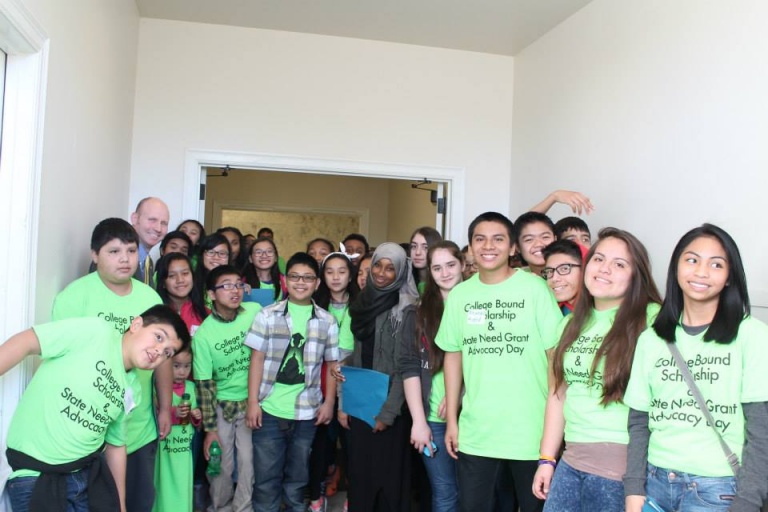
2014
Record 96% low-income students sign up for College Bound
A record 96 percent of students from low-income families enroll in the state’s College Bound Scholarship.

2014
First cohort attends Harvard family engagement program
More than 40 Road Map Project region leaders attend Harvard University’s Family Engagement in Education: Creating Effective Home and School Partnerships for Student Success.
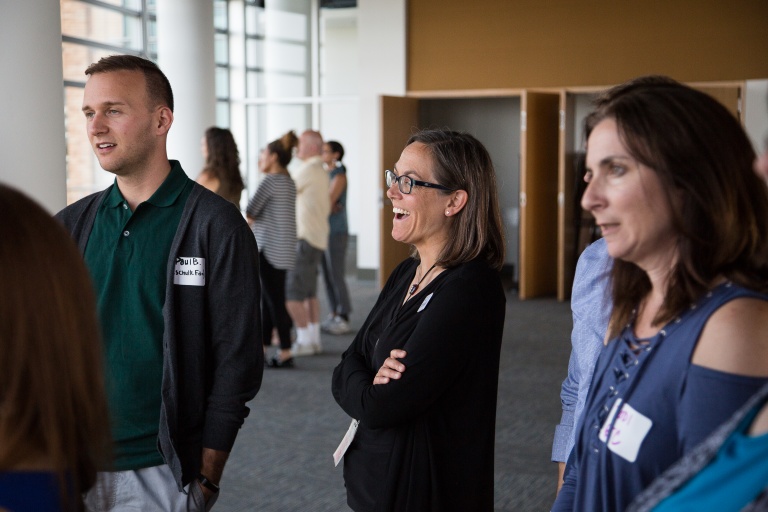
2014
Opportunity Youth Advisory Group launches
This multisector action team works to improve outcomes for 16- to 24-year-olds who have not completed a high school or college credential and are not employed.
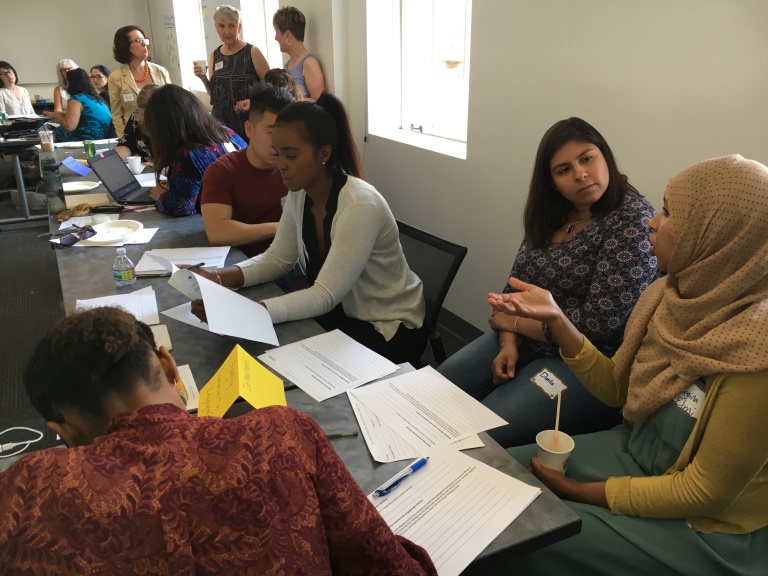
2014
Washington state lawmakers pass Seal of Biliteracy Legislation
The English Language Learner Work Group played a key role in advocating for the Seal of Biliteracy Bill, which strengthens systematic support and positive recognition of bilingual students statewide.

2014
King County Reengagement Provider Network begins meeting
This network brings together reengagement providers on a monthly basis to coordinate efforts to help youth return to school or find employment opportunities. King County Employment and Education Resources joins in 2016 as official cosponsor of the network.
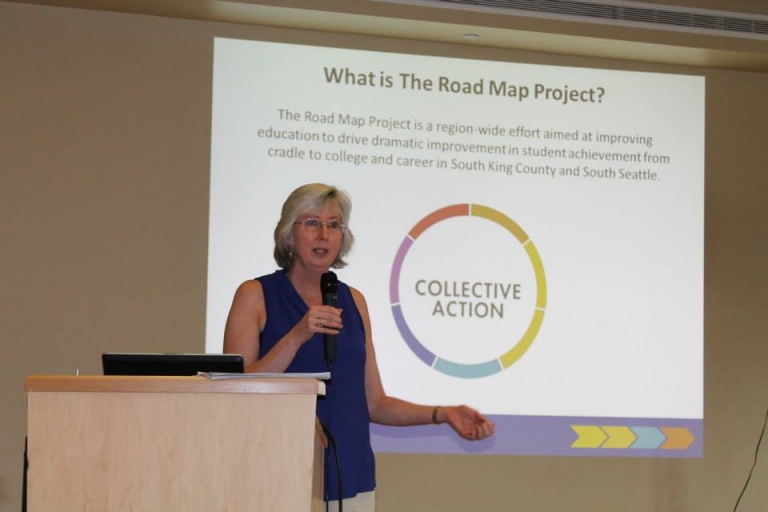
2013
Seattle and Green River school boards endorse Road Map Project
Seattle Public Schools School Board and the Green River Community College Board of Trustees pass resolutions supporting the Road Map Project.
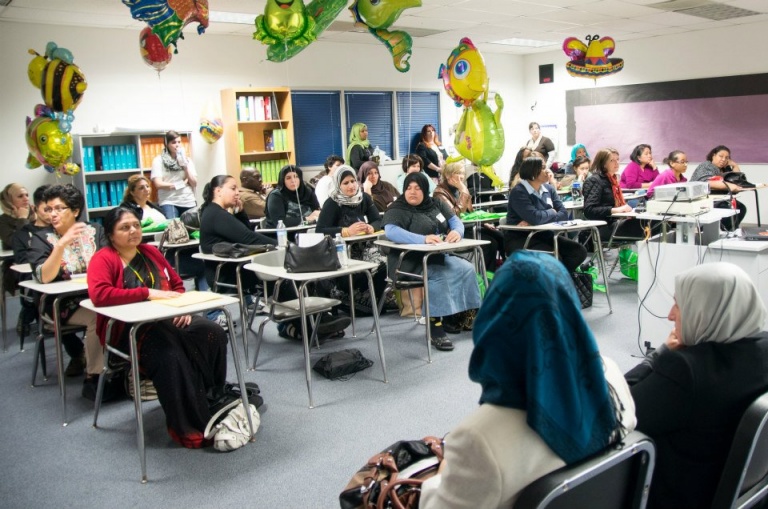
2013
Hundreds of parents and community members attend Parent Forum
The Road Map Project Parent Forum draws more than 850 parents and community members to Tukwila’s Foster High School for a day of workshops, talks, and a resource fair.
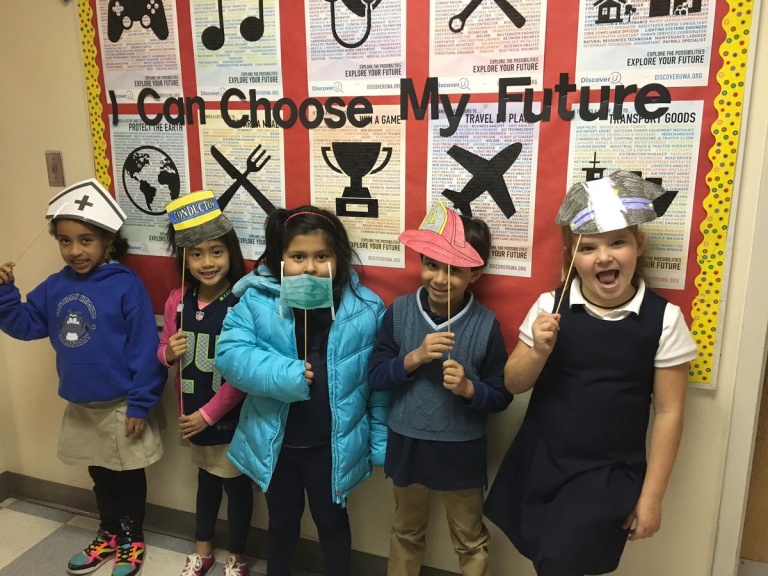
2013
DiscoverU kicks off
DiscoverU begins as a day of college and career exploration for our K-12 students. It’s now an annual weeklong event with participants all over the Puget Sound region.

2013
Aspen Institute invites region to join the Opportunity Youth Incentive Fund
The Community Center for Education Results and other Road Map Project partners become part of a consortium of collective impact strategies to reengage young adults who are disconnected from school and work.
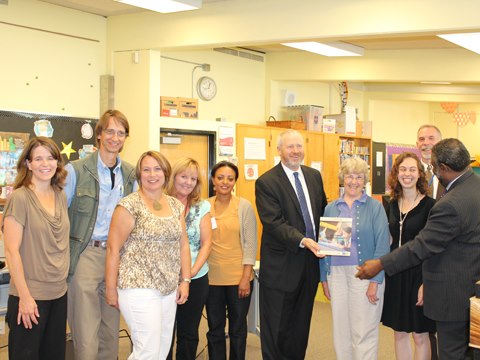
2012
Road Map Project region wins ‘All America Cities’ title
Seattle and seven South King County cities are named All-America Cities by the National Civic League and the Campaign for Grade-Level Reading for its ambitious plan to ensure more children are reading by third grade.
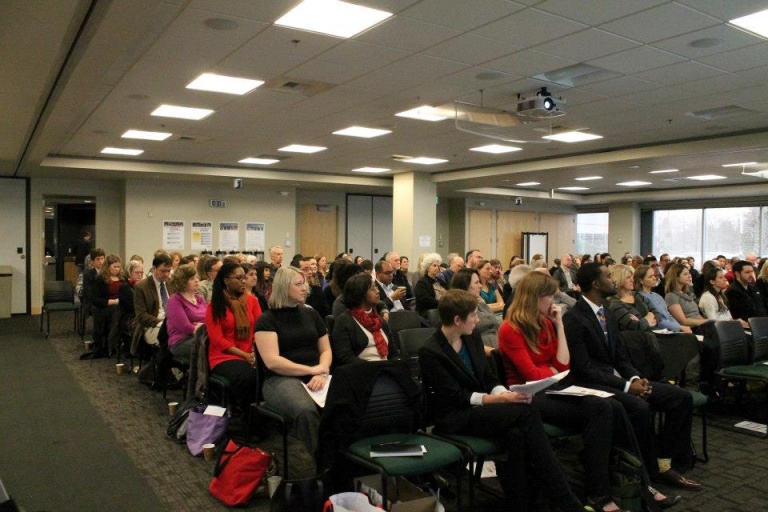
2012
Six school districts endorse the Road Map Project
The school boards of Auburn, Federal Way, Highline, Kent, Renton, and Tukwila pass resolutions in support of the Road Map Project.
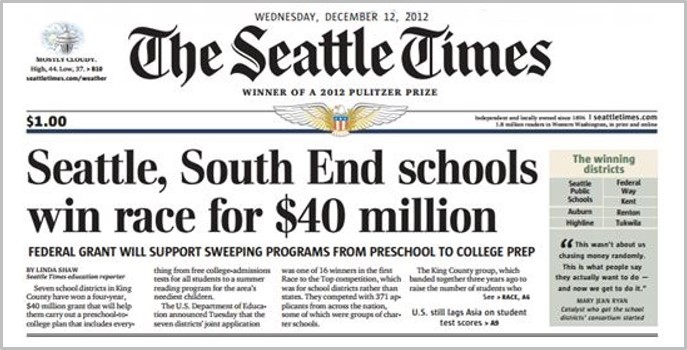
2012
Region’s school districts awarded $40 million grant
The Road Map Project’s seven school districts teamed up to apply for, and was granted, $40 million in federal Race to the Top funds. The Puget Sound Educational Service District becomes the fiscal agent and manager of the seven-district consortium.
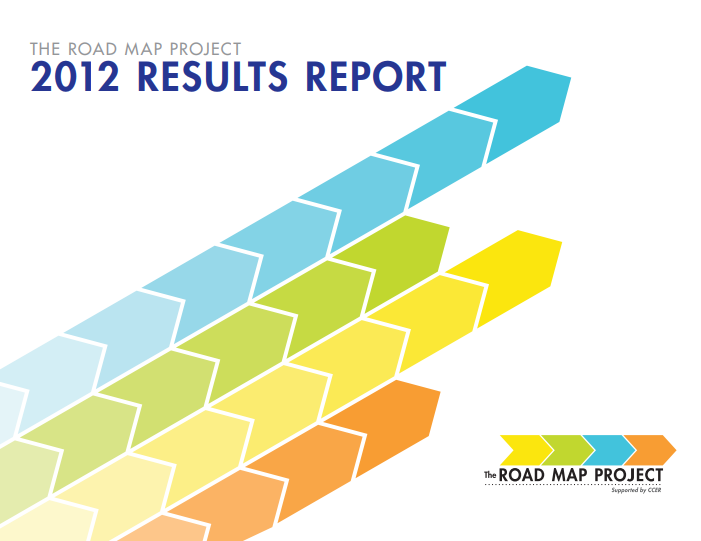
2012
First Results Report published
The Road Map Project released the first in a series of annual reports showing regional work and progress toward its goal.
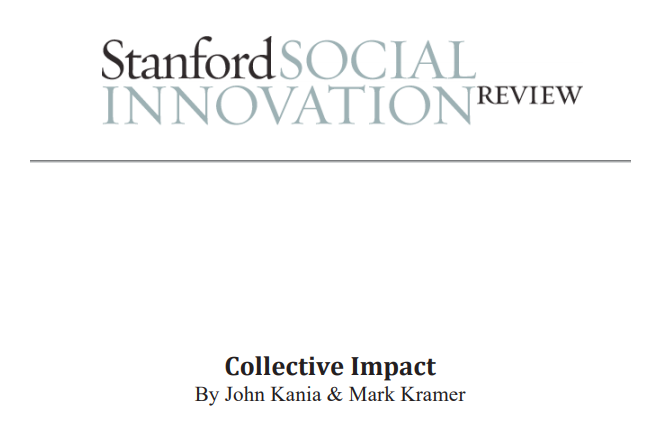
2011
Social impact firm coins ‘collective impact’
FSG writes about the concept “collective impact,” which first appears in the Stanford Social Innovation Review: “large-scale social change requires broad cross-sector collaboration.” The concept of collective impact is fundamental to the Road Map Project.
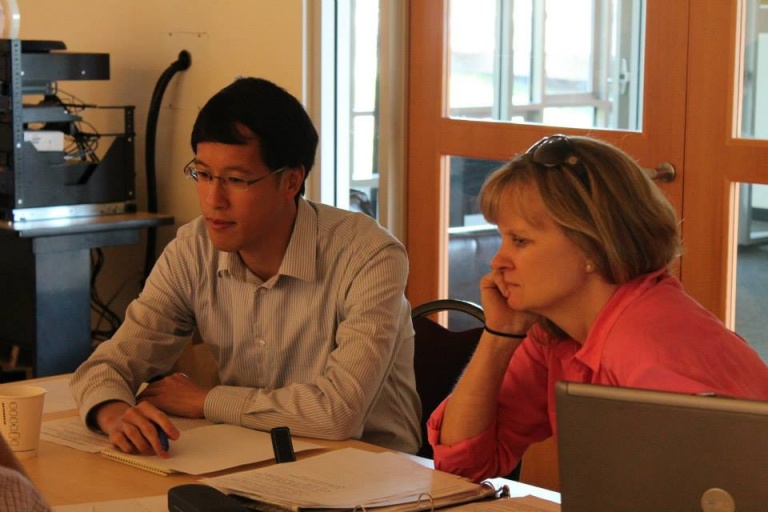
2011
Road Map Project action teams form
The following groups begin to meet and develop action plans to advise the Road Map Project: Birth to Third Grade, High School to College Completion, Data Advisors, Youth Development Organizations for Education Results, and English Language Learners. The groups are staffed by partners Community Center for Education Results, OneAmerica and Youth Development Executives of King County. Other project-wide groups begin meeting, including the Project Sponsors, Aligned Funders and Community Network.
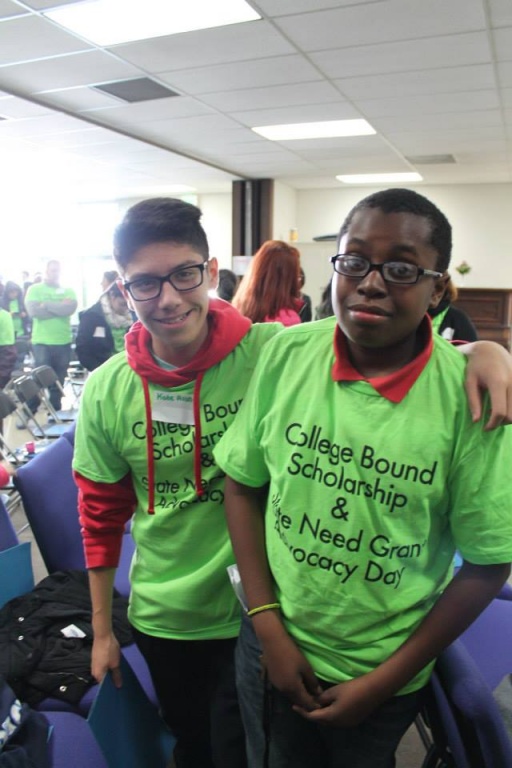
2011
91% of eligible youth sign up for College Bound
The Road Map Project leads a coordinated campaign with its seven school districts to boost participation in the College Bound Scholarship. A record 91 percent of eligible eighth graders signed up, compared with 74 percent the previous year.

2011
Data sharing agreements signed
All seven school districts plus the Office of the Superintendent of Public Instruction enter a partnership to share data to help the Road Map Project track regional progress.
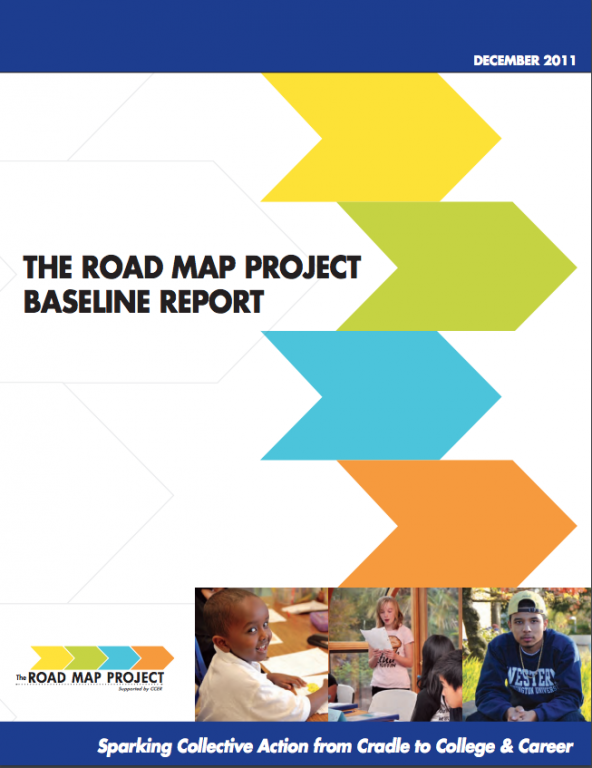
2011
Baseline report shows troubling state of education
The Road Map Project Baseline Report shows only 24 percent of South Seattle and South King County high school graduates are earning a college degree or career credential.
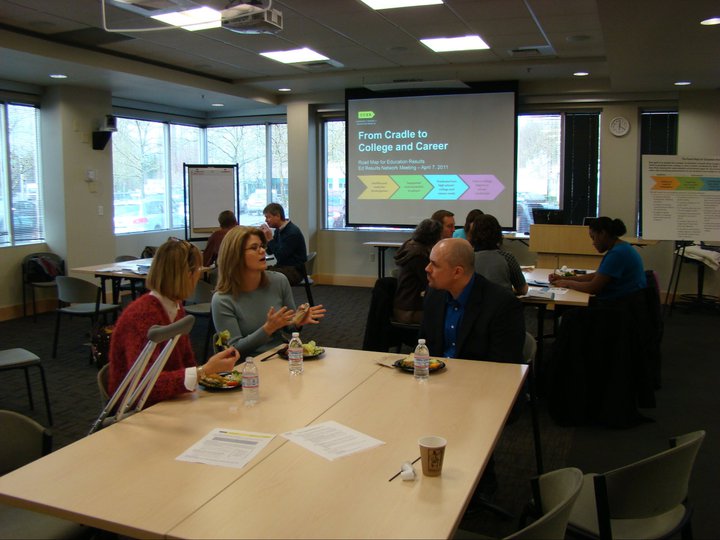
2010
CCER forms as a nonprofit
The Community Center for Education Results is founded to staff the Road Map Project initiative. The Seattle Foundation supports the start-up phase acting as the organization’s fiscal sponsor and incubator. Mobilization and outreach begins.
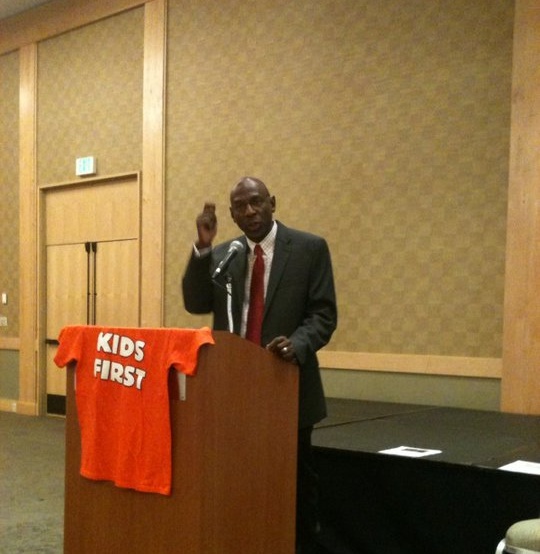
2010
Education Results Networking meetings start off
An early group of Road Map Project stakeholders, the Education Results Network (now Education Results Networking Meeting), met throughout 2010 to determine Project vision and goals. Harlem Children Zone’s Geoffrey Canada attended the November meeting as a keynote speaker.
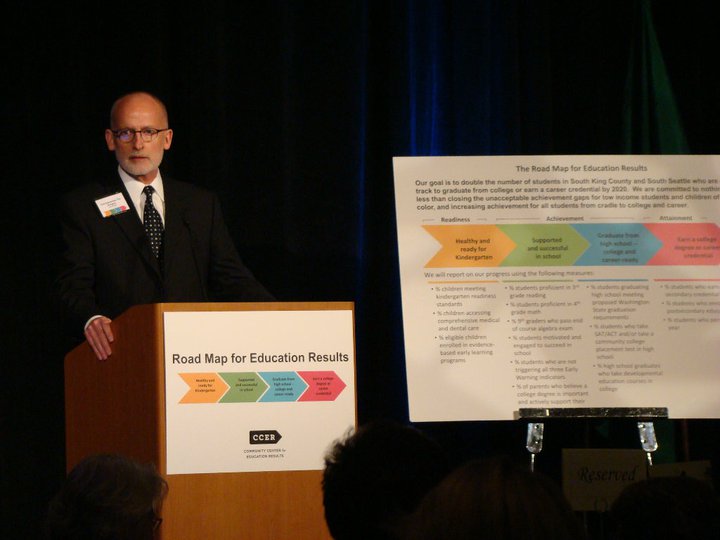
2010
Indicators of Student Success selected
Action teams develop the Indicators of Student Success, a common set of measures to track how the region is progressing on a range of student outcomes.
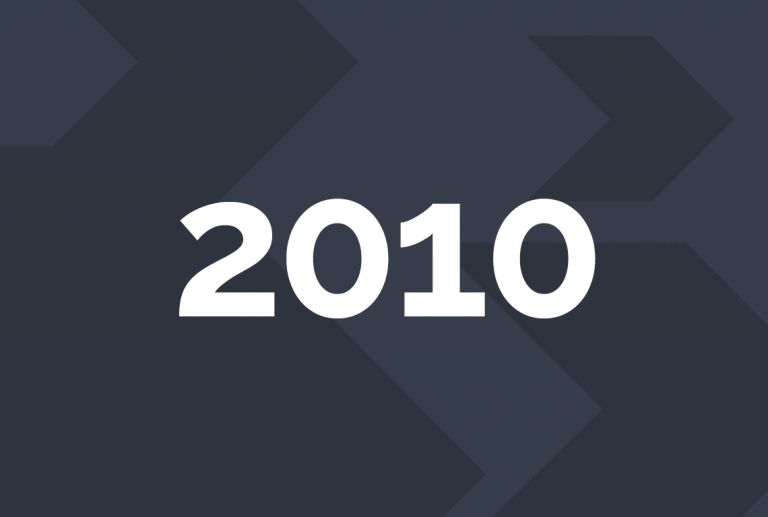
2010
Partners determine 2020 goal
Road Map Project partners establish the original goal: Close achievement gaps and double the number of students in South Seattle and South King County who are on track to graduate from college or earn a career credential by 2020.
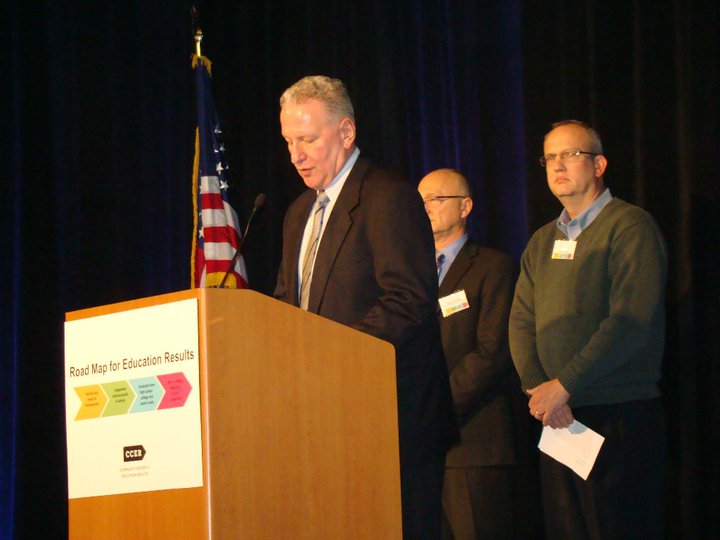
2010
Road Map Project formally launches
More than 500 regional community and education leaders attend the Road Map Project kick off conference.